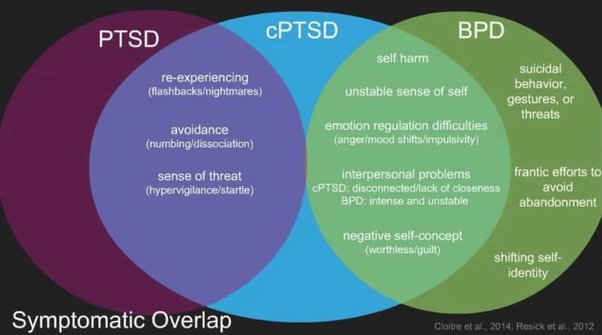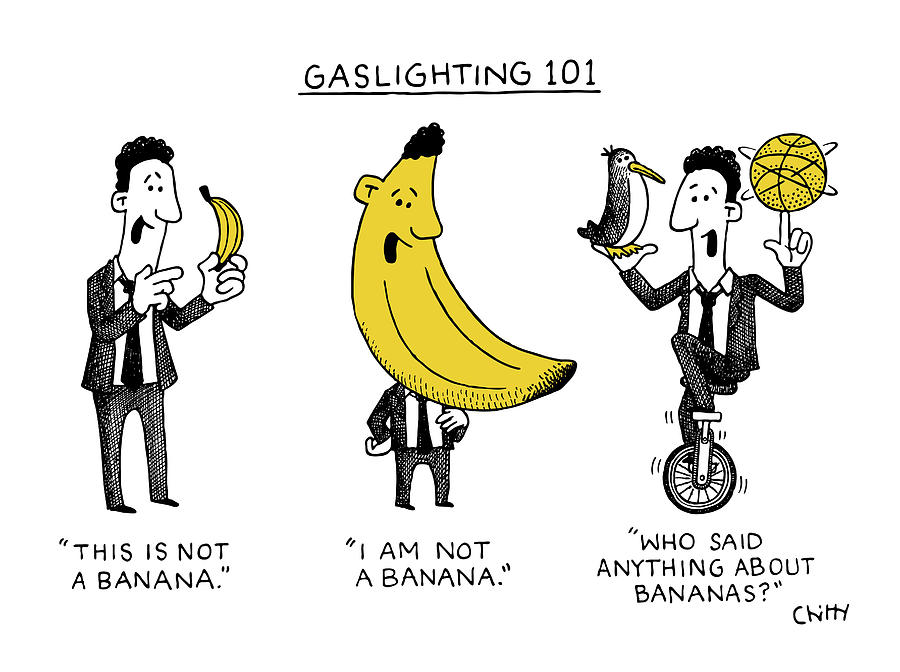As we approach a new year, it’s natural to reflect on the past and consider how we can make positive changes moving forward. As a mental health counselor and owner of Mountain Valley Counseling, I want to offer a few thoughts on how we can prioritize our mental well-being in the coming year. First, it’s important to recognize that mental health is just as crucial as physical health. In fact, the two are deeply intertwined. Just as we schedule regular check-ups for our bodies, it’s vital to regularly check in on our emotional and psychological well-being. This can mean anything from seeking therapy, to setting healthy boundaries, to practicing self-care routines that help us manage stress and emotions. The start of a new year can feel like a fresh start, but it’s important to remember that true growth takes time and patience. If you’ve struggled in the past, be gentle…
Alcohol and the holidays
To drink or not to drink around the holidays?
Understanding Gaslighting and Its Impact on Mental Health Gaslighting is a form of psychological manipulation where a person or group seeks to make someone doubt their own perceptions, memories, or reality. This term, derived from the 1944 film “Gaslight,” where a husband manipulates his wife into questioning her sanity, has become a widely recognized concept in discussions of emotional abuse and manipulation. Gaslighting can occur in various relationships, including romantic partnerships, friendships, family dynamics, and workplace settings. Definition and Mechanisms of Gaslighting Gaslighting involves a series of manipulative tactics aimed at undermining the victim’s sense of reality. These tactics include denying facts, minimizing the victim’s feelings, and presenting false information as truth (Stark, 2018). The ultimate goal is to destabilize the victim’s perception of reality, thereby gaining control and power over them. Gaslighters often use subtle and gradual methods to erode the victim’s confidence in their own thoughts and…
How new age therapies re-brand psychoanalytic concepts that have been around since Freud
How Freud’s ideas show up in new age contemporary therapy modalities Sigmund Freud, often regarded as the father of psychoanalysis, is a figure whose contributions to psychology and psychotherapy have been both revolutionary and controversial. While Freud’s theories have faced significant criticism, it’s essential to recognize that many modern therapeutic approaches and psychological theories have built upon, adapted, or even rediscovered concepts originally proposed by Freud. This essay explores why Freud doesn’t deserve the bad reputation he sometimes gets and argues that many contemporary psychological practices are deeply rooted in Freudian ideas, albeit under different names. Freud’s Legacy and Modern Adaptations Sigmund Freud’s work laid the foundation for much of modern psychology, particularly in the realm of understanding the unconscious mind and the therapeutic process. Freud’s theories, such as the role of the unconscious, defense mechanisms, and the significance of early childhood experiences, have profoundly influenced the field. Over…
Are depth psychologies “evidenced based?”
In the landscape of therapeutic approaches, psychodynamic therapy stands as a stalwart, offering profound insights into the depths of the human psyche. While short-term, solution-focused therapies have gained traction in recent years, it’s crucial to delve into the benefits of psychodynamic or insight-oriented therapies and understand why they remain not only relevant but also evidenced-based in today’s therapeutic landscape. Unraveling the Depths: Psychodynamic Therapy in Focus Psychodynamic therapy, rooted in the teachings of Freud and further developed by pioneers like Jung, Adler, Erikson, Bowlby, Klein and others, operates on the premise that many of our present behaviors, thoughts, and emotions are influenced by unconscious processes. It aims to uncover these unconscious patterns, exploring early life experiences, interpersonal relationships, and unresolved conflicts to foster self-awareness and promote personal growth. One of the primary benefits of psychodynamic therapy lies in its depth-oriented approach. By delving into the underlying causes of psychological distress,…









